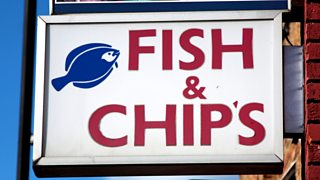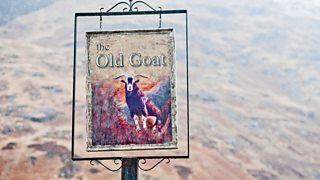Six ways you speak French every day without realising it
How much of the English language comes from French roots? have been on the case, looking at Anglo-Norman onwards, and have found out some surprising facts...

1. A lot of English words are actually French
A large amount of what we think of as English vocabulary is really French in origin. We're not talking about words like brunette, critique or déjà vu, but other words you may not have realised were French - like wardrobe or pocket.
These words are really Anglo-Norman. So what is this thing called Anglo-Norman? And when did it happen?
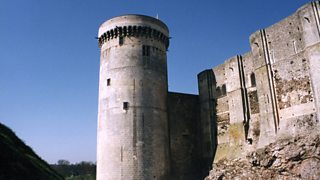
So what is Anglo-Norman? Dr Richard Ashdowne explains.
2. Your name might be French
What did a traditional English name in the 11th century look like?
Aelfgifu, Beorhtnoth, Aethelflaed, Leofthryth...
Just think, you could be called Beorhtnoth now if it weren't for the adoption of Anglo-Norman French names. How fun.
So the English-sounding names that are actually originally French? John, Robert, Alice, William, Stephen, Susan, Christine, Thomas... The list keeps on going.

Dr Laura Wright runs through some common English-sounding names which are actually French.
3. A lot of English words for food are French. (Not garlic or red wine.)
Lettuce, grape, almond, radish, onion and mushroom.
These are all Anglo-Norman French words. Our vocabulary for food is full of them.
British legal terminology is full of French words too, like to aid and abet.
A lot of English higher-end vocab comes from Anglo-Norman French.
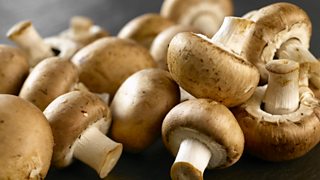
Michael Rosen, Dr Laura Wright and Dr Richard Ashdowne talk words for food.
4. Outrage is a French word
We have the French language to thank for all the words that end in -age. The Anglo-Norman French loved adding -age to English words, for example: voyage, courage and outrage.
In recent years this has taken off in a big way; we now have words like signage that are being used frequently. The TV show Buffy the Vampire Slayer was infamous for creating a whole raft of these words by adding -age, like scrollage (scrolling on your computer screen), scanage (scanning something) and vibeage (feeling the vibes, yet? No, us neither).
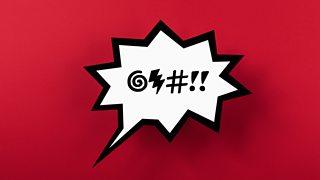
Dr Richard Ashdowne explains that we have the French to thank for adding –age to many of our words.
5. Do you live in a place which has a French name?
Did you know that the south London suburb Tooting Bec is a French name? The Bec part of the name is an Anglo-Norman French word from an abbey in Normandy that owned some land in Tooting.
Stoke Mandeville in Aylesbury was originally called Stoke but was bought up by the Anglo-Norman family of the Mandevilles.
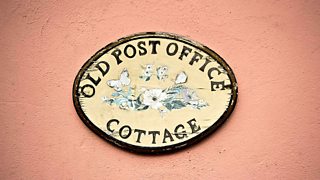
Michael Rosen and Dr Laura Wright discuss English - or is that French? - place names.
6. There's not a huge difference between French and English words
Thanks to the influx of so many Anglo-Norman French words in the 11th century, there isn't a huge difference between those Anglo-Norman words that seem so English now and their modern day Central French equivalents.
For instance: pocket (Anglo-Norman) and pochet (Central French); warranty (Anglo-Norman) and guarantee (Central French); and plank (Anglo-Norman) and planche (Central French).
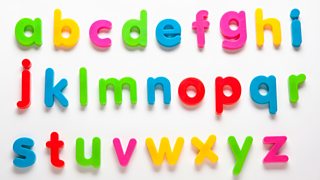
Michael Rosen, Dr Laura Wright and Dr Richard Ashdowne discuss French and English.
-
![]()
Are you grammatically gormless or a punctuation perfectionist? Find out now.
-
![]()
The convention of pub naming and why we are so fond of our traditional pub names.
-
![]()
What you name your pet is important. Here are the top pet-naming ideas.
-
![]()
Why do Americans say eggplant and highway, rather than aubergine and motorway?
